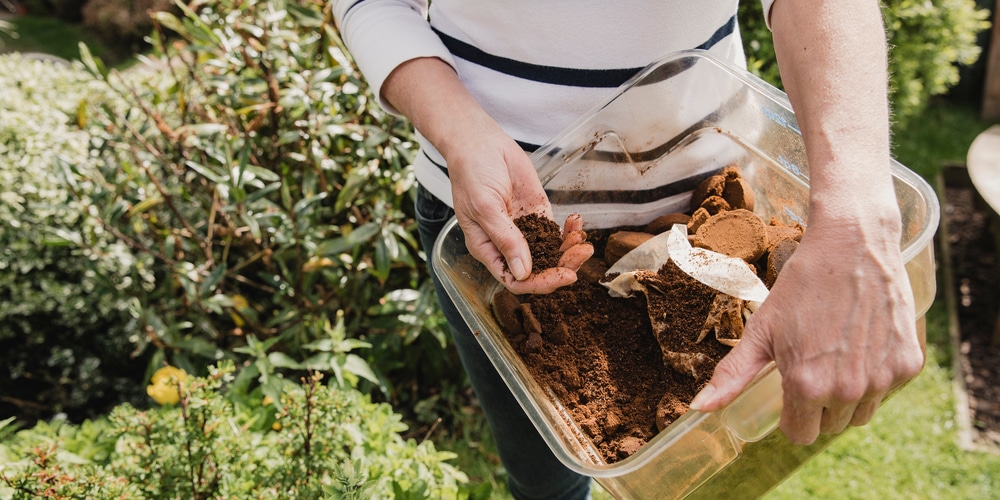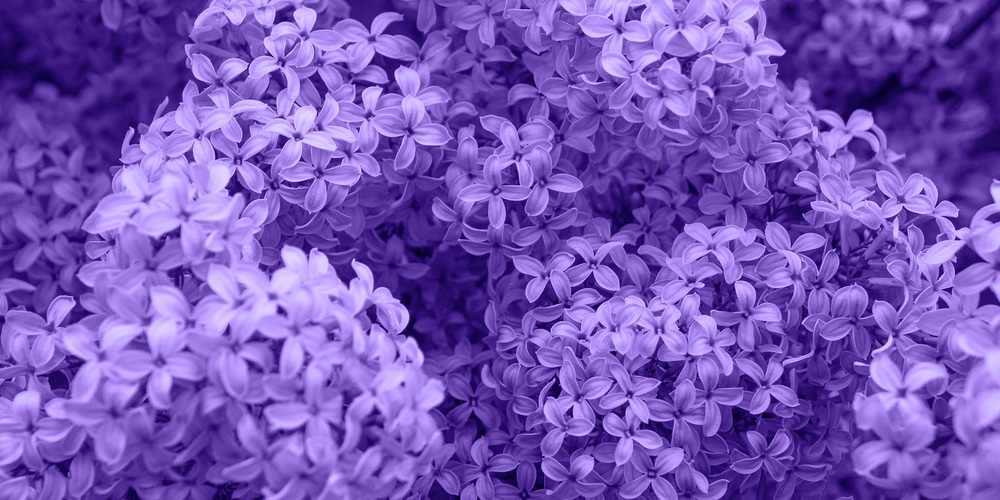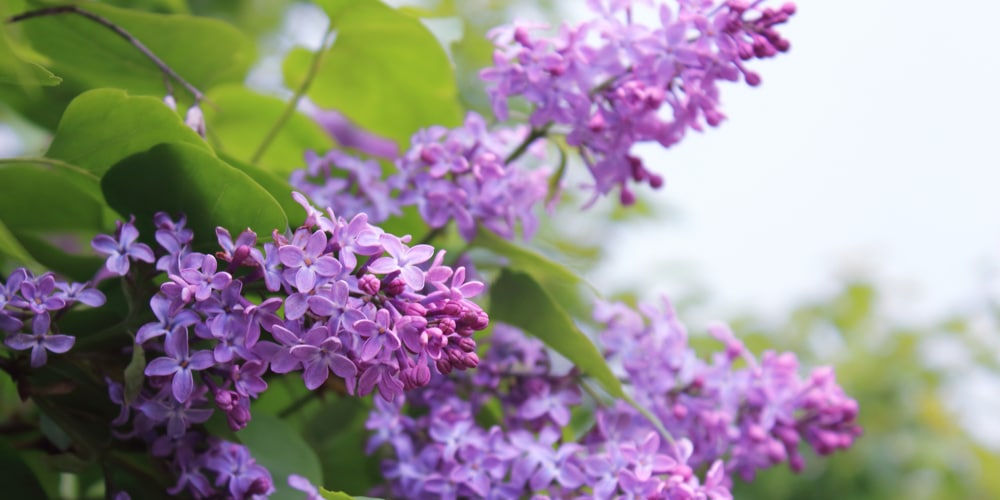If you like to take care of your garden and prefer using natural ingredients to boost your plants’ growth, you probably are familiar with using coffee grounds for gardening. While sounding simple, leftover coffee or the residual from your machine are rich in content. Instead of throwing them away, add them to your plants to naturally increase their nutrient content. Your grandmother might have told you.
Quick Answer:
Yes, coffee grounds are good for lilacs, especially if you plant them in poor soil, deprived of nitrogen
This ancient tip is not new: indeed, it is as old as coffee drinking is (probably). And it makes sense. Leftovers from your coffee maker contain nitrogen, potassium, and phosphor, all nutrients necessary for your plant’s growth and survival.
Plus, it can work as mulch and increase water retention, aeration, and drainage, which all plants need (even if in different quantities). If you are a coffee drinker, you know how much of it goes to waste after your daily cup of coffee. But what if you could put it to better use?
If you are looking for sustainable ways to deal with your waste while taking care of your garden, consider using coffee grounds as a solution. However, don’t forget that not all plants react the same way to coffee. So, the question is: “are coffee grounds good for lilacs?”.
Don’t worry: you are not the only one with this doubt. To find a complete answer, keep reading. Here, we included all you need to know about using coffee grounds as fertilizer for your lilac bushes (and much more!).
Lilac Characteristics
Lilacs are stunning flowering shrubs, easy to grow, and perfect to add as a hedge to increase the privacy of your property while adding attractive color to your garden.
You can find these plants in different varieties and colors, but the most common ones include white, magenta, purple, and pink flowers. These hardy plants don’t need much attention from your side. If you are looking for something fuss-free to improve the aesthetics of your garden, look no further than lilacs.
However, you will have to meet these plants’ basic requirements to have them thrive in your yard. Indeed, even when a plant is relatively easy to grow, that doesn’t mean you can leave it untouched. While watering and pruning your plants are simple activities, feeding your plants with adequate amounts of nutrient content isn’t as much.
Yes, you can find fertilizers at your favorite gardening store, but using organic materials will help you get the results you wish without exposing your plants to unnecessary damage.
Are Coffee Grounds Good for Lilacs?
Let’s get things straight and go down to the grain of the question. Yes, coffee grounds are good for lilacs, especially if you plant them in poor soil, deprived of nitrogen. But, as with most things in life, you’ll need to apply it properly to get the result you wish.
For instance, you must use coffee grounds for your lilac bushes during the growth phase for best results. Plus, you must water your plants thoroughly after the application. Doing so will allow your soil to absorb the nutrients.
Use coffee grounds sparingly with lilacs. Indeed, these plants prefer less acidic ground conditions and perform best in pH levels between 6.0 and 7.5. Coffee grounds can increase the environment’s acidity, especially with frequent use. To be on the safe side, make sure you test your soil’s conditions before changing its nutrient content.
As we mentioned, coffee is also high in nitrogen. If your garden is already rich in this element, you might harm your plants by adding coffee grounds: the extra boom of nutrients can inhibit flower production. Yes, they will grow lush and leafy, but that’s not what you want from a flowering bush.
You may have better results applying a bone meal. If you are looking for an organic fertilizer that can improve the health and productivity of your plants without harming your garden, a bone meal might be your best solution. Plus, this organic material contains lime, which increases the soil’s alkalinity (thus, creating more optimal conditions for the growth of lilacs).
Generally, the best time of the year to apply any fertilizer is after temperatures rise in late spring or early summer. Don’t forget that you might not need additional nutrients before the first or second year of planting.


